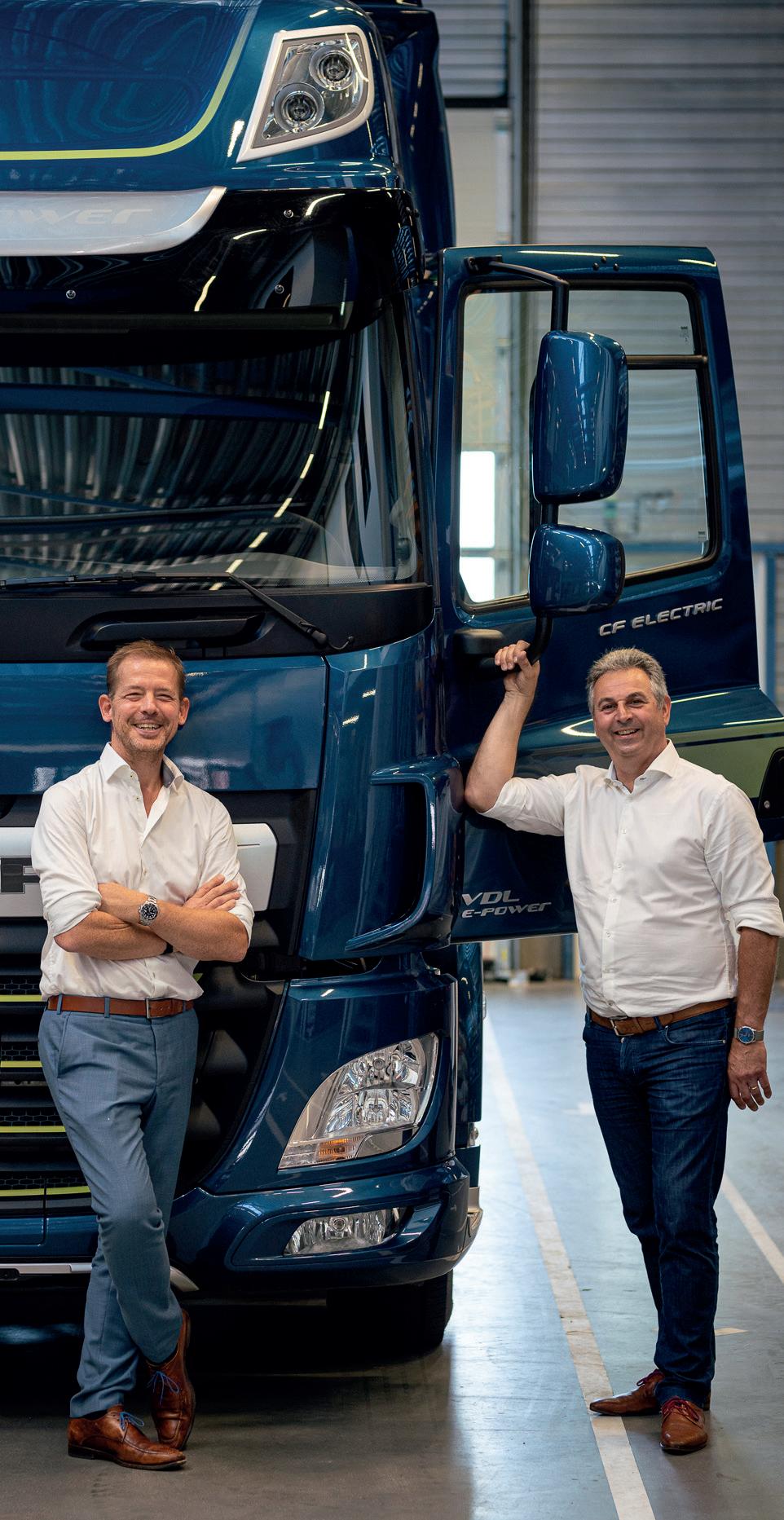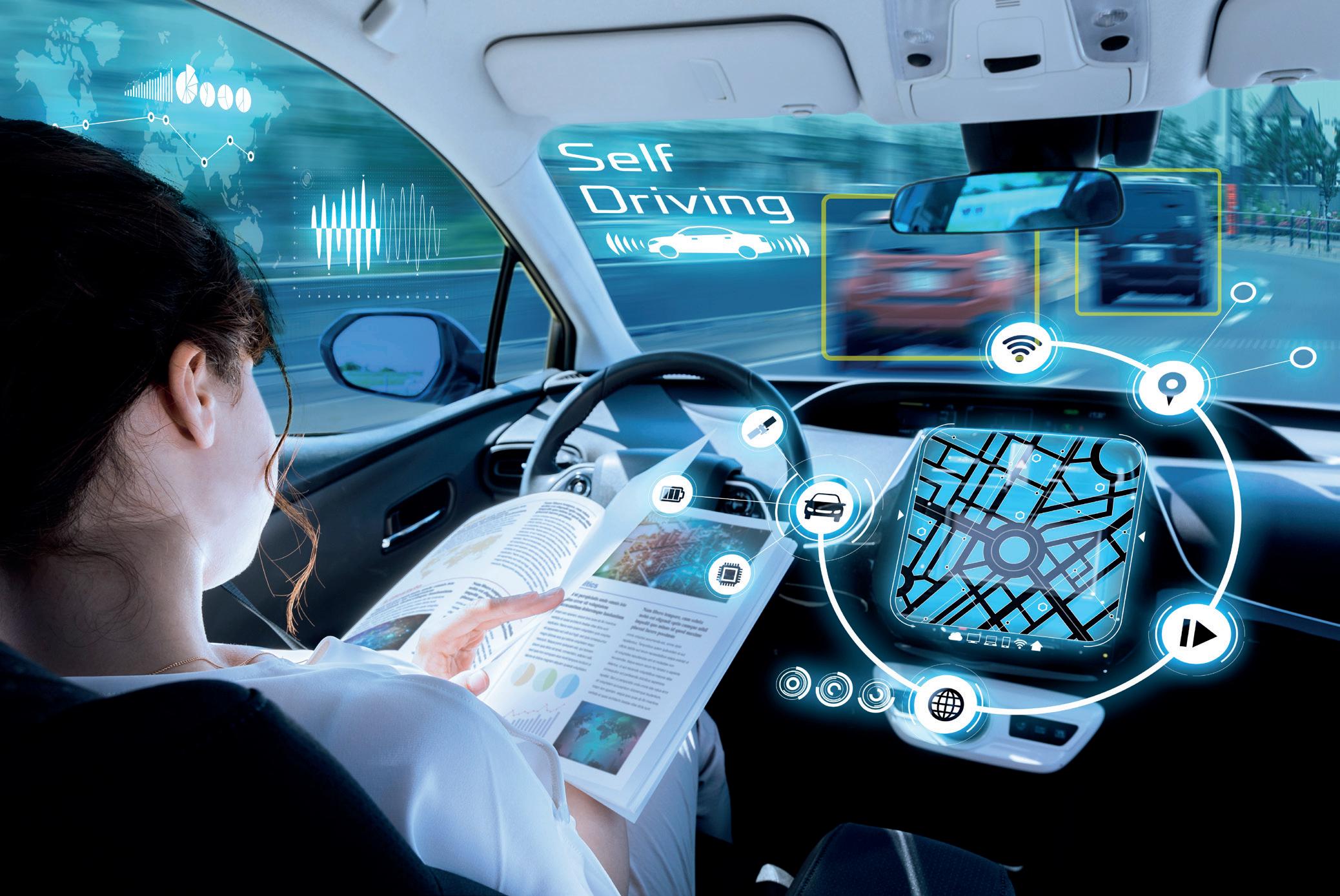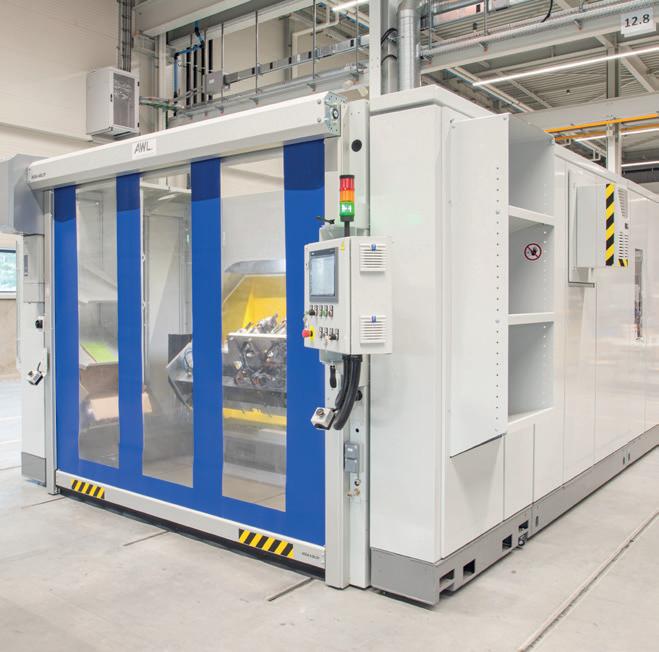The future is in clean and intelligent transport The automotive industry finds itself at a historic crossroad. Fossil fuel combustion is being replaced by electric power. Cars are quickly becoming driving information systems and smart mobility is emerging as a thriving business model. As a result, the automotive market is undergoing major transformation, which also applies to manufacturers of vehicles for transporting goods and people. Leading companies need to reinvent themselves, and pioneering newcomers find opportunities everywhere. Sioux Technologies operates in the eye of this storm, supporting all corporate parties with the required innovative strength.
Anyone who characterizes the automotive industry as “outdated” is misjudging the sector severely. Vehicles nowadays are cutting-edge, high-tech machines, containing refined mechanics, electronics and software that together maximize a multitude of aspects, such as safety, driving experience and fuel economy. But today’s cars are not those of the future.
Futureproof innovation ‘Developments are moving lightning-fast,’ explains Erik van Rijswijk, COO of Sioux Technologies. ‘The automotive industry is undergoing radical changes, not only in terms of the transition to zero emission, but also because vehicles are becoming cyber-physical systems – smart, digital, multifunctional, autonomous and connected. At the same time, they increasingly serve smart mobility concepts – such as in the field of multimodality and last-mile distribution – that focus on a network of sustainable, efficient transport from A to B. All of this requires fundamental futureproof innovations at a systems level. In particular the addition and integration of software-based intelligence, and therefore also mathware, makes a tremendous difference. And this is exactly the core of the added value we offer developers and manufacturers of buses, trucks and special vehicles.’
50
New developmental pathways VDL Enabling Transport Solutions (VDL ETS) is one of the gems of the Dutch automotive sector. The company focuses on researching, engineering, prototyping and testing new technologies in fields such as battery and hydrogen electric mobility, charging infrastructure and energy storage. VDL managing director Menno Kleingeld agrees with Van Rijswijk’s analysis: ‘People have become convinced that the future is in clean and intelligent transport. This is a threat to many traditional models. Choosing new developmental pathways is not easy, especially if you have committed yourself to large-scale investments in the past, for instance in the production of your own combustion engines and the associated competences. On the other hand, this drive also creates opportunities for innovators such as VDL. We are a flexible company: geared towards innovation, purchasing the best components and rapid manufacturing-to-market. We develop our technology around five platforms: coaches, public transport buses, vans, trucks and automated guided vehicles (AGVs). These platforms, comprising both hardware and software, together determine the performance of the vehicles. From an efficiency and quality assurance perspective, the modules are largely interchangeable.’

















